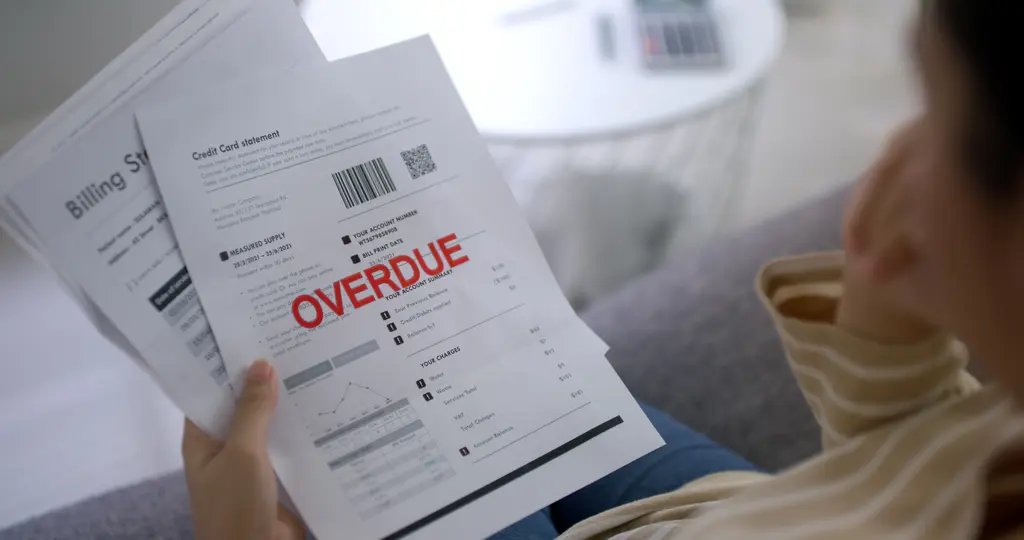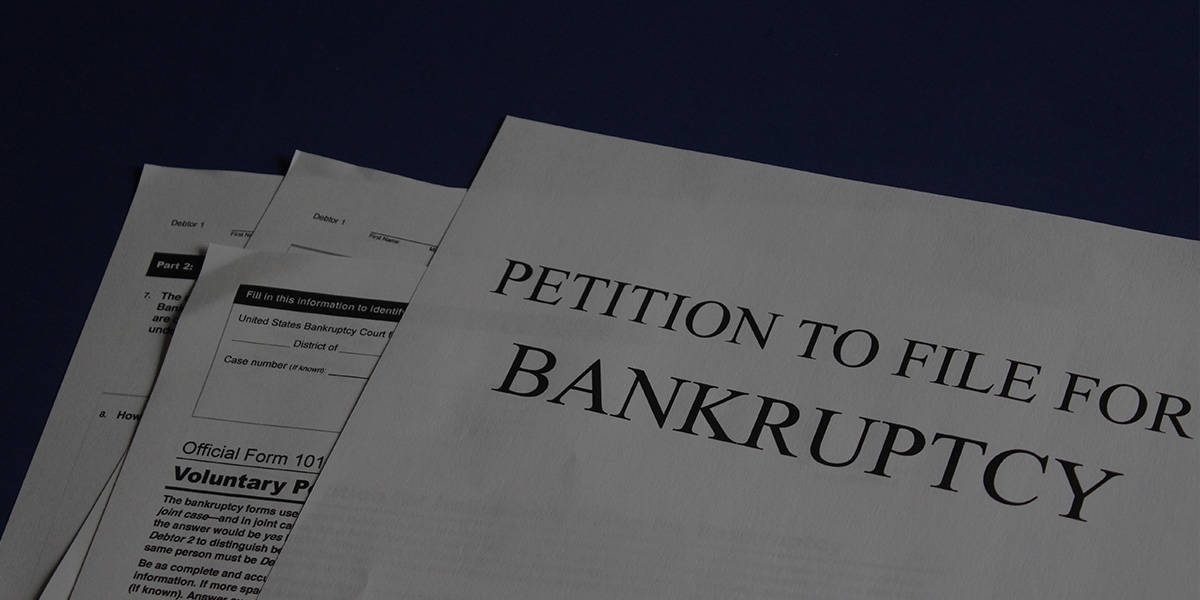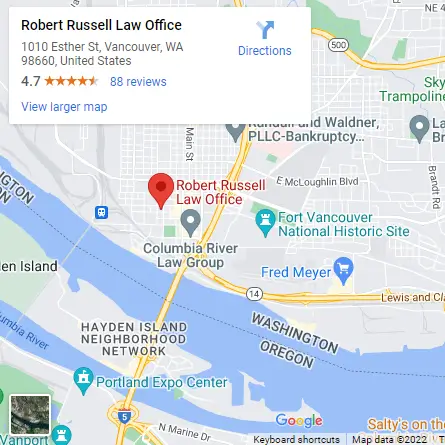The Impact of Chapter 7 on Your Home And Mortgage
Your Current Home: The Note and Deed of Trust
In purchasing a home/real estate, there are at least two parts to the transaction: (a) the Promissory Note that indicates you have borrowed money to buy the home and terms under which you have agreed to repay the debt, and (b) the Deed of Trust that indicates that your failure to pay the debt according to the agreed terms gives the lender the right to foreclose (if they so choose) on the property and take ownership from you.
The Impact of Bankruptcy Discharge On the Note
When you file bankruptcy and receive a Discharge (unless you have reaffirmed the debt), the discharge removes your personal obligation to pay the Promissory Note. As a result, if you do not reaffirm the debt, post-bankruptcy payment or nonpayment on the Note will NOT show on your credit report (because you no longer personally owe on the debt). Also, future FHA loans or mortgage modification might be at risk. If you “reaffirm” the debt, you do owe the debt and it will show on your credit report. Contact the creditor as ask for a reaffirmation agreement if you are considering reaffirming the debt.
The Impact of the Bankruptcy Discharge On the Deed
A Discharge of debt has NO IMPACT on the Deed of Trust concerning ownership of the home or the lender’s right to foreclose if you stop payment on the Promissory Note. That means, amongst other things, that YOU OWN the home, even after bankruptcy, unless and until the ownership is transferred to a different person/party (even if you have moved from the property).
How to Transfer Ownership of the Home
Ownership can be transferred by either:
- Foreclosure by the creditor
- Creditor accepting from you a Deed in Lieu of foreclosure
- A completed sale by the Trustee in Bankruptcy to a third party
- A completed sale by you to a third party
Until a transfer is completed, you own the home. This means, among other things, that until ownership is transferred YOU are STILL responsible for:
- Any Homeowner’s Association fees/dues that come due after you filed for bankruptcy
- Any utilities that come due after filing (you might choose to have them turned off)
- Complying with county and other code safety requirements including mowing the yard
- Notifying the lender if and when you vacate the home so that they can insure the property for damage that might occur in your absence
- Conferring with your insurance representative about the benefits of insuring the property
- Hiring a real estate broker to sell the home if you want to sell [WE CAN HELP WITH THAT]
- Anything an owner is responsible for except making the mortgage payment IF you no longer want to keep the home (then you need to make the payments, etc.)
FINALLY, you have every right to live in the home until you no longer own the home. In fact, if a home is transferred by foreclosure, then you have the right to stay in the home for an additional twenty (20) days after the foreclosure.






